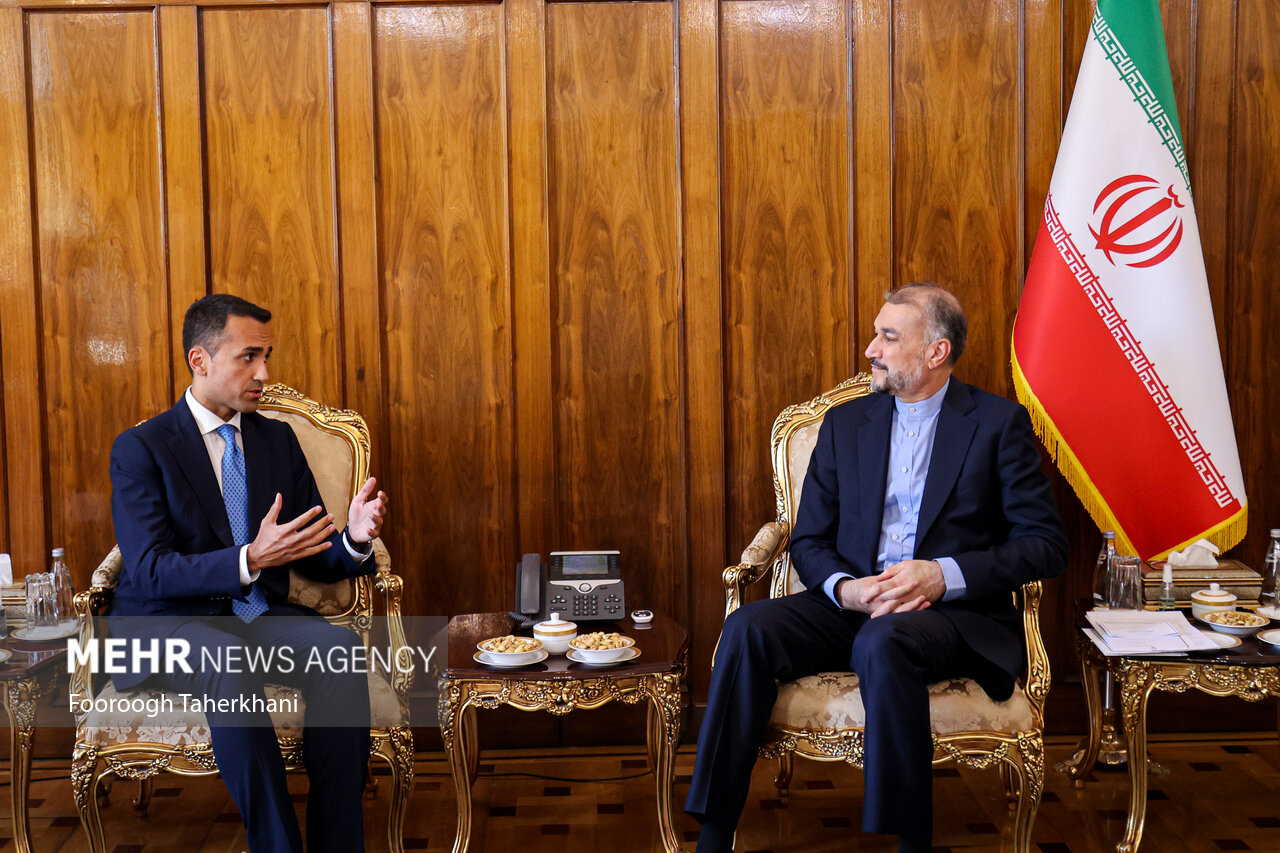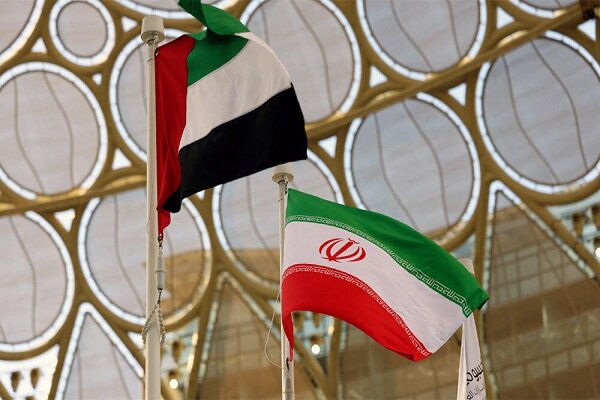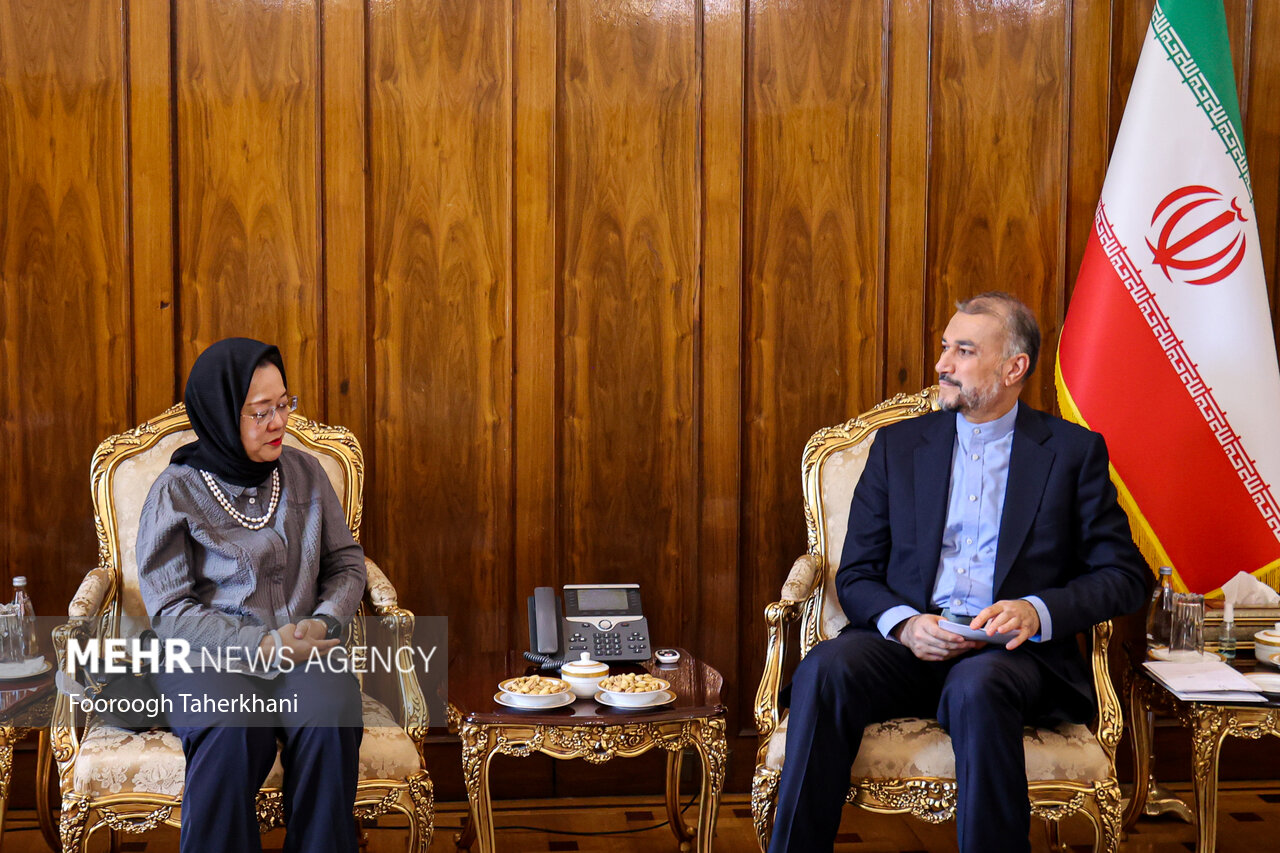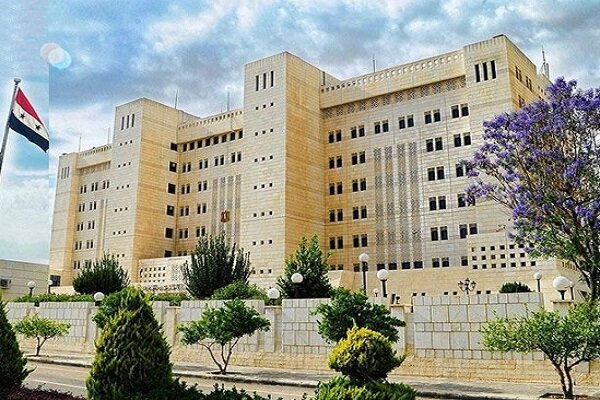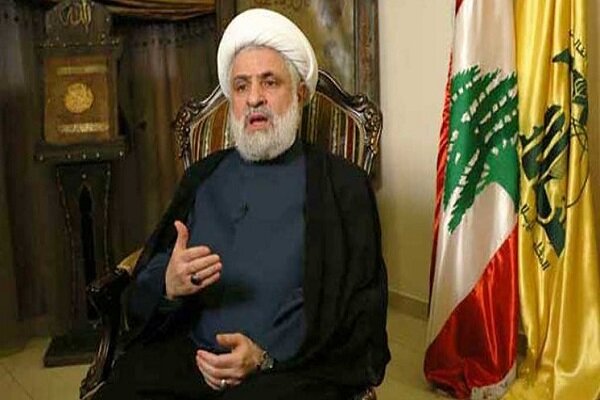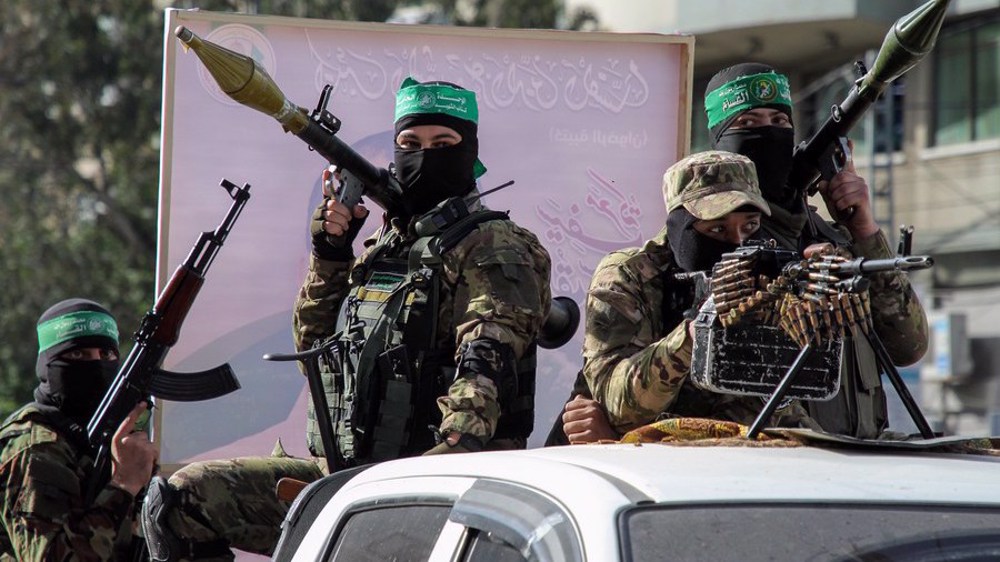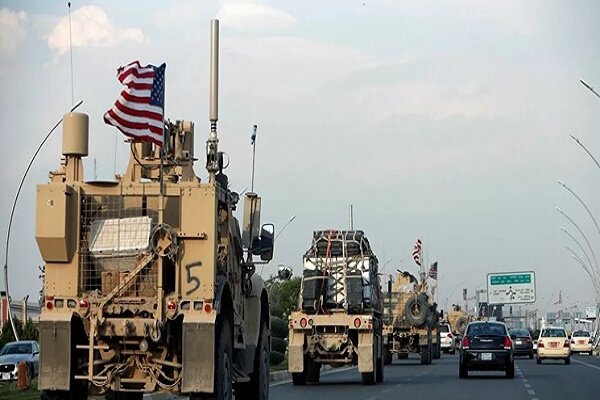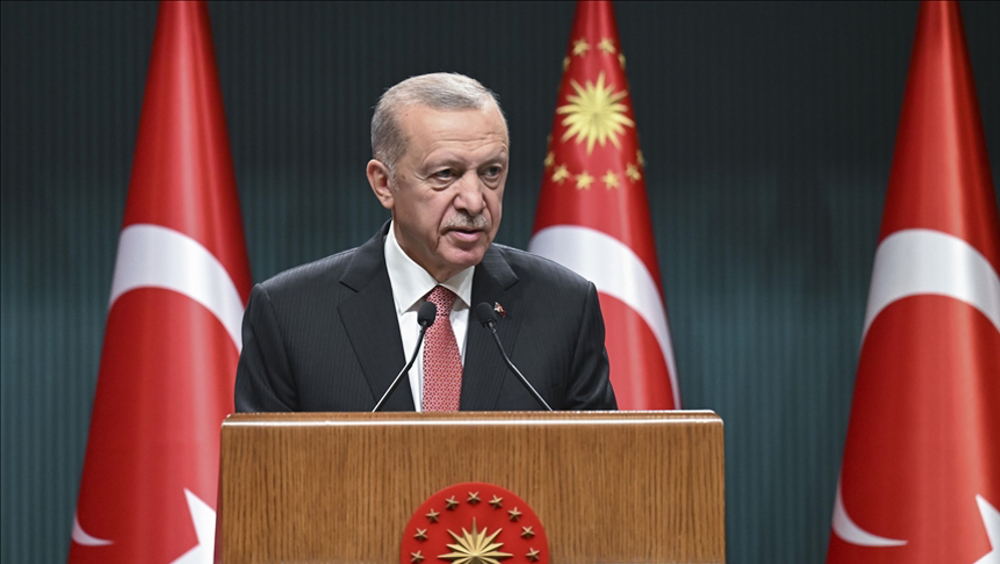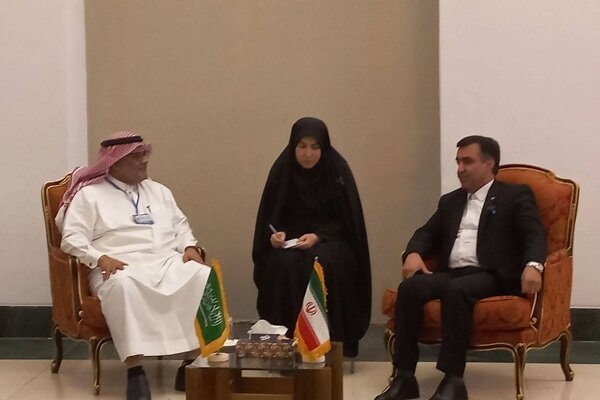
Ali Salajegheh and the Chief Executive Officer for the National Center of Meteorology (NCM) of Saudi Arabia Ayman Salem Ghulam met and held talks on the sideline of the International Conference on Combating Sand and Dust Storms (SDSs) in Tehran on Sunday.
Stating that Iran and Saudi Arabia share the same experience of dealing with dust storms and related hurricanes, Salajegheh said that the people of Iran, especially in some regions like Sistan and Baluchestan, have to grapple with the issue in their daily lives.
Stressing that Iran’s multilateral and international bilateral consultations have led to convergence in the world, he added that Iran and Saudi Arabia have valuable environmental experiences and different potentials in the field of environmental protection.
Pointing out that Iran has climatic diversity and good experiences for management along with other countries to protect the environment, he said that Iran and Saudi Arabia have a lot in common and must act together to prevent sea pollution.
Ayman Salem Ghulam, for his part, said that strong Islamic relations have tied Iran and Saudi Arabia together, and the sides are looking for more relations so that a better future can be created for the two countries.
“We have various projects in the field of environmental protection that can include neighboring countries”, he said adding that we are seeking regional cooperation to solve the problems caused by dust storms.
He also expressed readiness to share achievements and experiences.
We welcome Iran’s expertise and knowledge exchange for the transfer of experiences between the two countries in order to witness less problems in the field of environment in the region, he concluded.
SKH/5883085


